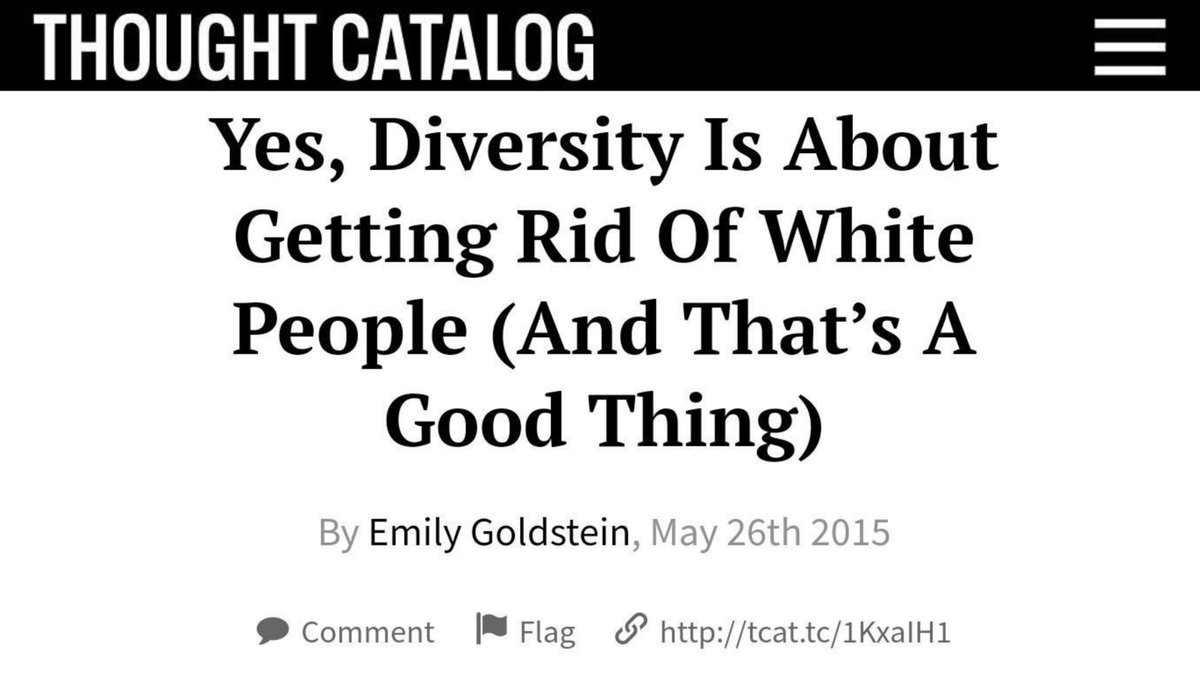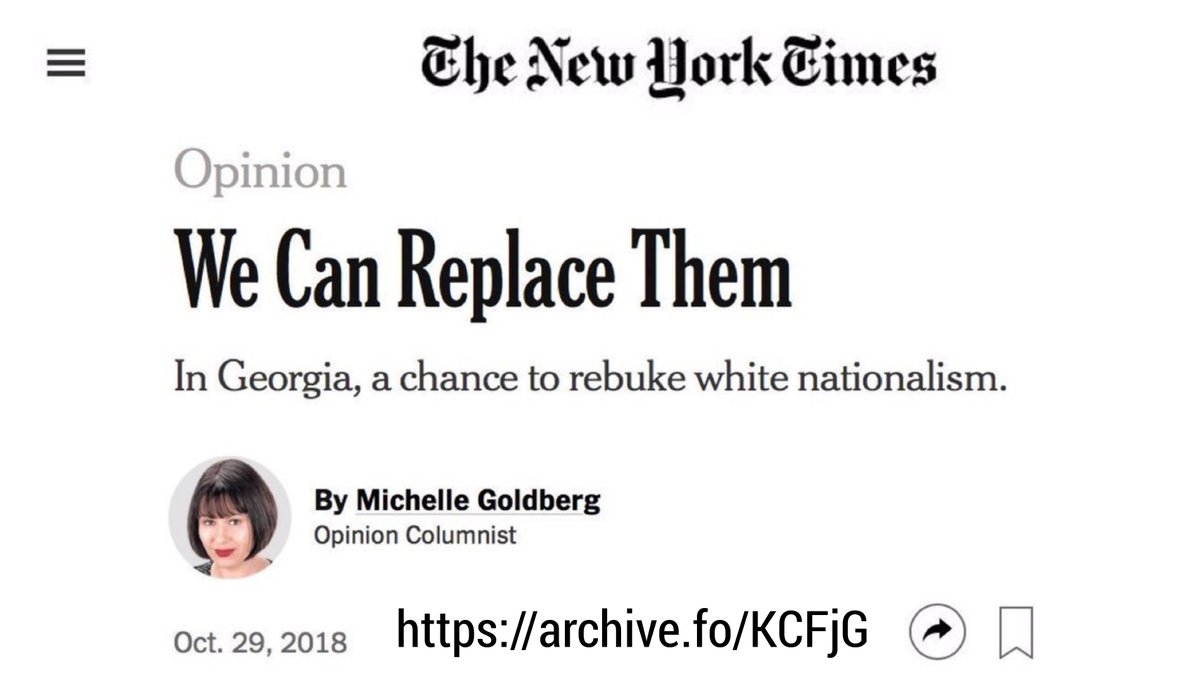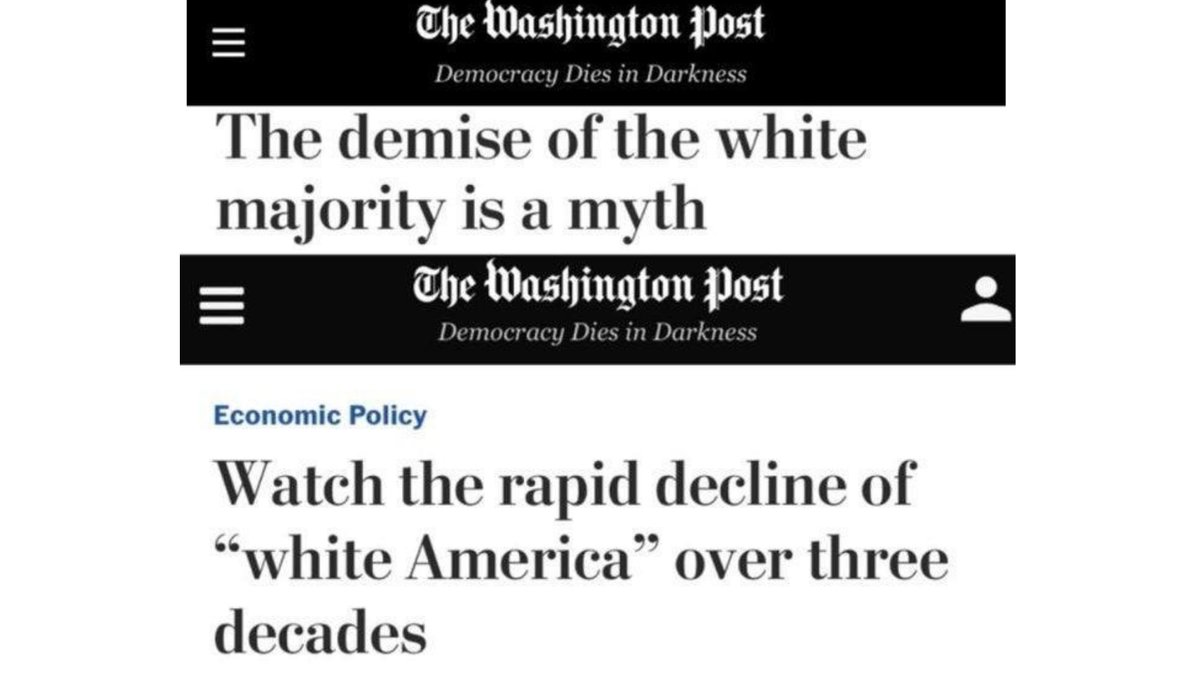Tony texted me the other day.
The most I’ve heard from him in weeks.
“My dad died last night.
COVID.
Pretty fast.
2020. Hell. On. Earth.”
I responded as best I could. Told him I was there for him.
His father was a kind man.
He didn’t have to die.
Not like this. 2/
It’s Fall 2008, and I’m a resident in Internal Medicine.
I’m attending a forum where I’ve been invited to read from the journal I’ve kept since medical school.
These are my thoughts that have been slowly consuming me.
The documenting of a downward spiral. 3/
I’m growing increasingly aware of a numbness within me. Moments that would move me before, now they evoke nothing.
The crucible of residency is forging me into a cold and unfeeling alloy I never wanted to be.
I write about it, and read my words to others who also know. 4/
I’m a guitarist, and I compare the sensation to the gradual numbing of fingertips against sharp steel strings, as the skin thickens and calluses form.
I want to tear off the calluses so the pain remains fresh, and real.
I would rather bleed on the strings than forget them. 5/
After I finish sharing, the audience is free to speak.
One of the comments I still remember to this day is from Dr. Klemens Meyer, an attending nephrologist.
He rubs his chin pensively.
“Medicine is an art, like music.”
As he speaks, he seems to weigh each word carefully. 6/
“Perhaps it’s only when your fingertips grow callused that you can make the most beautiful music.”
I nod, understanding what he means.
We deaden some sensations only to protect ourselves.
To know something truly, to get to its core, you need both vulnerability and armor. 7/
It’s early 2021.
I received my COVID vaccine.
What felt like a turning point has already receded into memory.
Like a gasp of air before the plunge back under icy waters.
Psychologically I’m back to where I was as an intern.
Completely numb. 8/
When you tell people that care is being rationed, their eyebrows shoot up.
People still have no idea. How bad it is. How bad it’s getting. How bad it’s going to get.
No idea.
Care has been rationed for a long time now. It’s just going to get worse. 9/
We are often making decisions we rarely had to make before, regarding prioritizing limited resources.
Who gets what, and when.
It’s a crushing weight.
A constant burden.
The only thing that breaks through the numbness now and then is the anger. 10/
The quiet simmering fury that occasionally blazes into a full-blown rage.
I’m angry. All. The. Time.
For Tony. For his father. For all of us.
Blood on steel strings.
I can’t hear the music. 11/
Tony texted me again the other day.
“I’ve been struggling recently a lot with anger. This will make it worse. Here’s to hoping I can heal.”
Tony is a good man, like his father.
I hope he heals.
Calluses form.
So do scars.
Sometimes there’s no music.
Just the dying hours.






